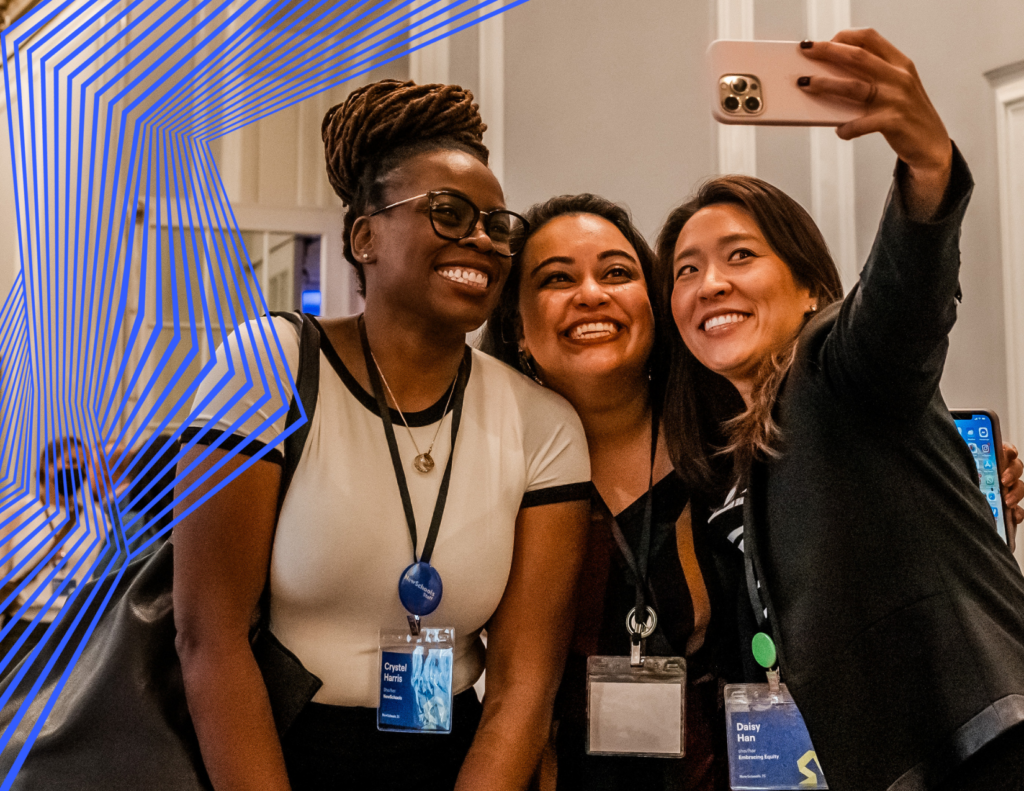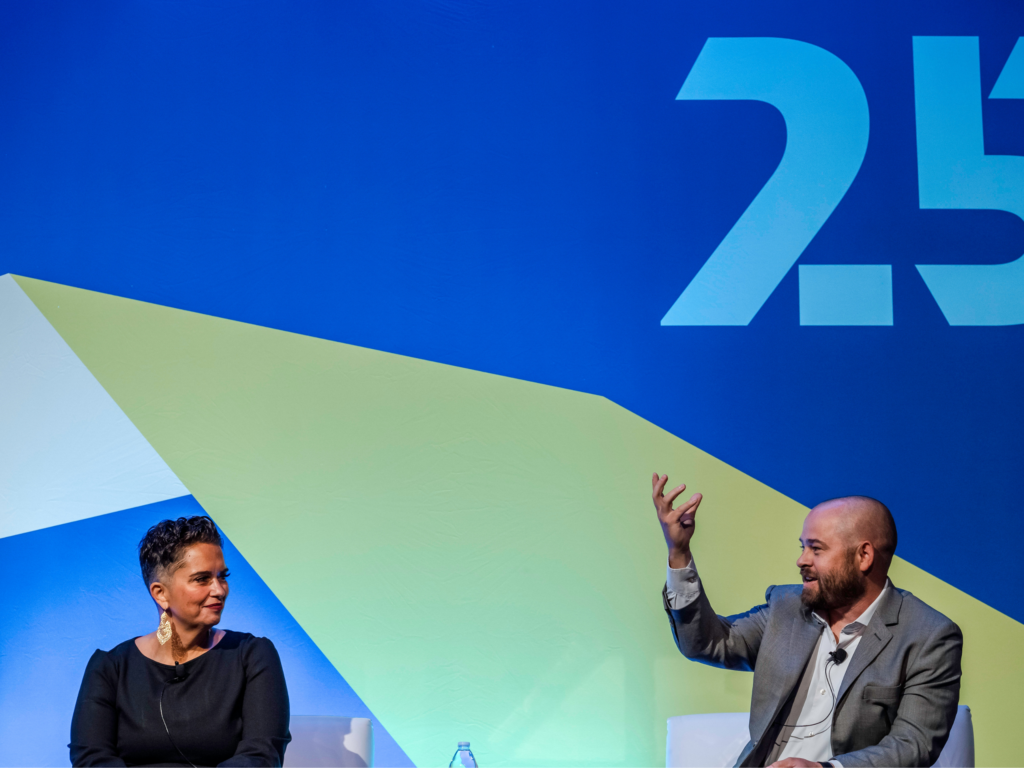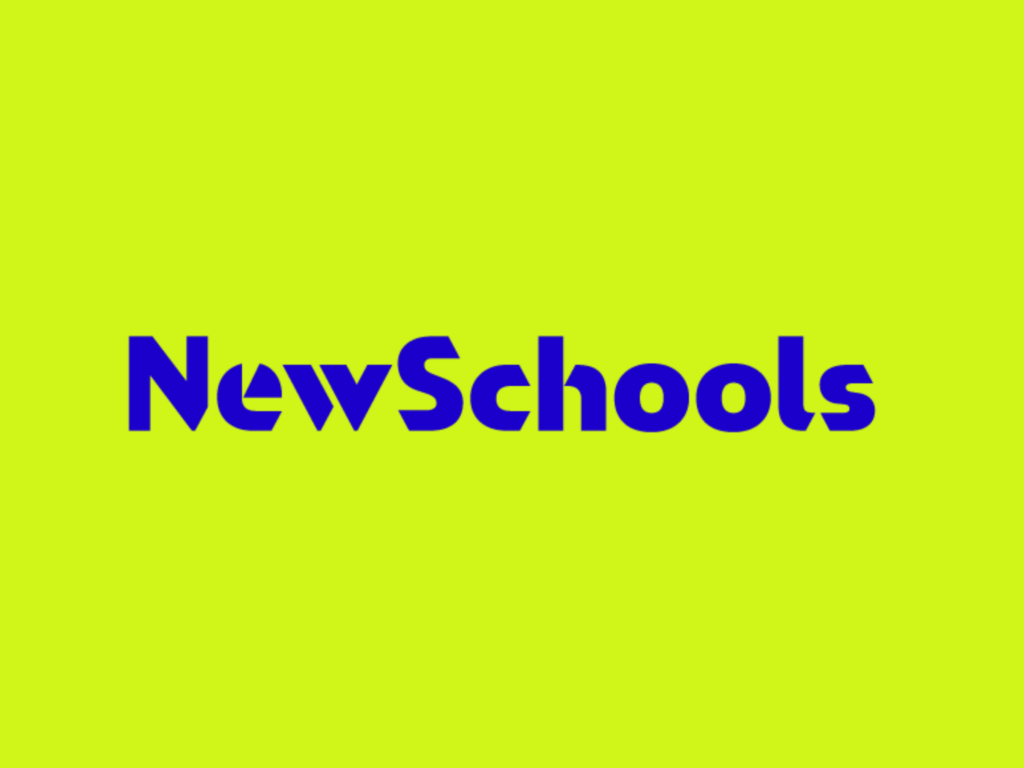After an exciting keynote from Secretary Duncan, the afternoon sessions started with a conversation about the parent voice in the education reform movement. The discussion was moderated by Russlyn Ali of the Emerson Collective. Ali told the audience that although the objectives of the various organizations in this field may differ, “We are all in this work to help make communities better and to help transform the lives of young people.”
Nicole Baker Fulgham, in her Learning in 2028 session, spoke about the potential reasons for resistance to education reform, taking feedback from communities across the nation. These included the movement’s approach and tone, and the perception that the movement is made up of “outsiders.”
Meanwhile, there was also a vivid discussion moderated by journalist Amanda Ripley about the teacher development methods that are in place in other nations.
Jon Schnur, of America Achieves noted “When you look at data over time, it shows us [that the U.S.] was once number one, and we slipped to the middle of the pack among industrialized countries.” Noting that countries often build upon their own culture when they are considering program changes.
Schnur also added that we must examine world-leading U.S. schools that can help drive reform within the U.S. context. According to Schnur, this is equally as important as international comparisons.
Joanne Weiss, Chief of Staff at the U.S. Department of Education, was asked by Ripley about comparing the U.S. and the oft-cited Finland. Weiss noted there are many differences in contexts. Her expectations on a visit to Finland were shattered, when she found that in K-12 in Finland there exists a disdain for data and school leaders trusted teachers immensely. Lessons from other nations “need to be unpacked and taken in your own context.”
Sir Michael Barber, of Pearson, noted that many countries have rigorous evidence-based approaches to the education work they do, noting in Singapore, they have an education mantra, “We think with our hands.”


